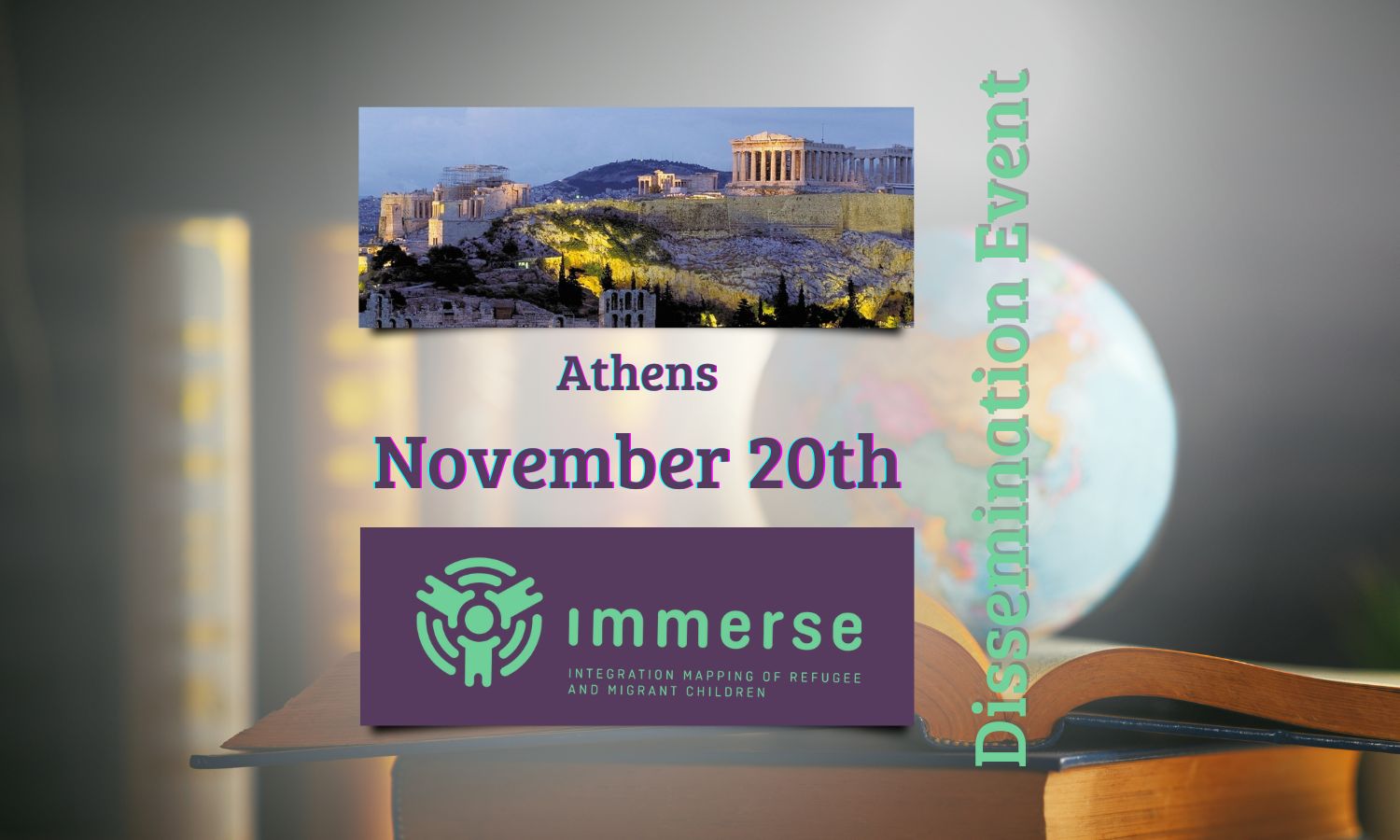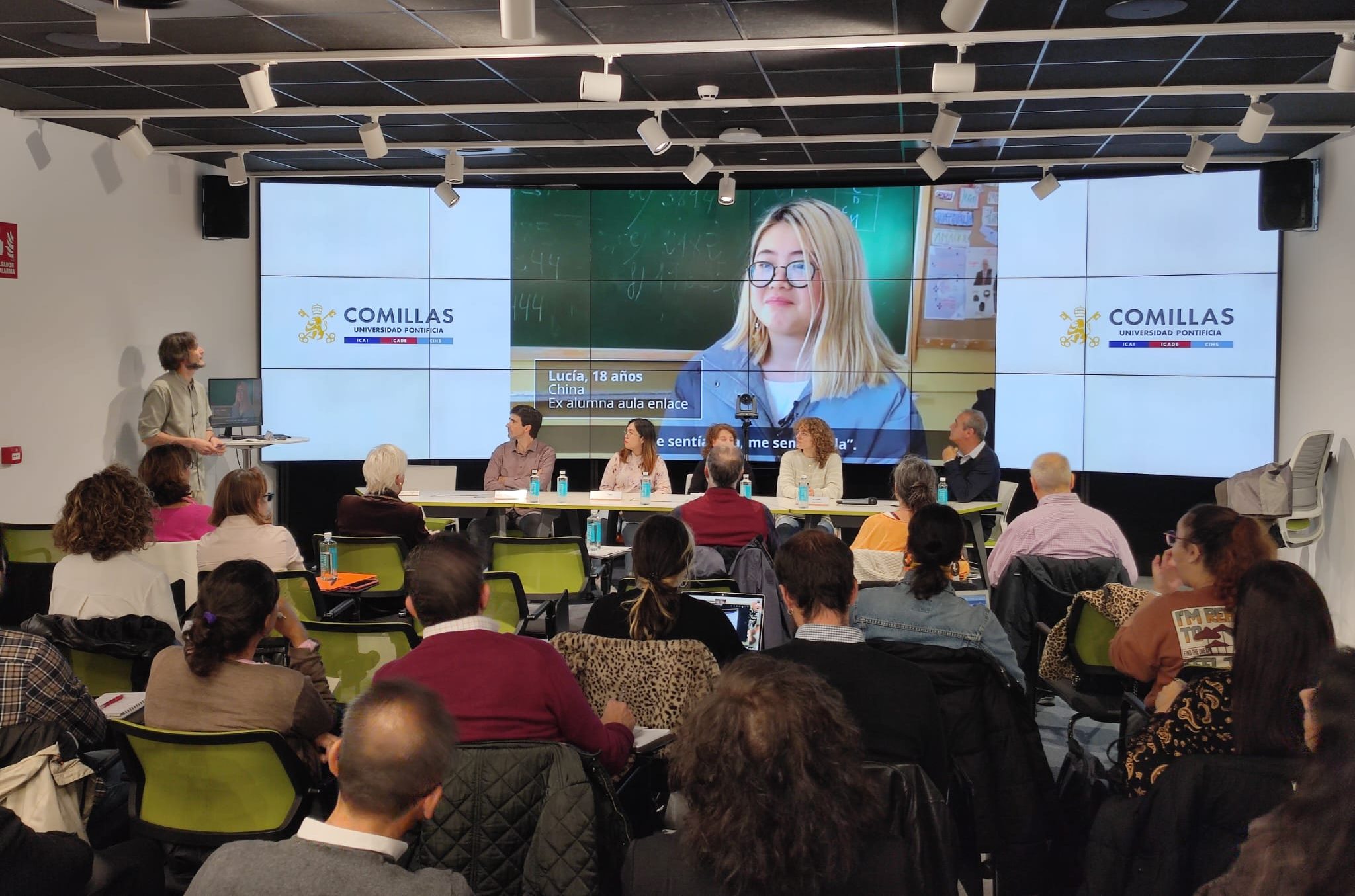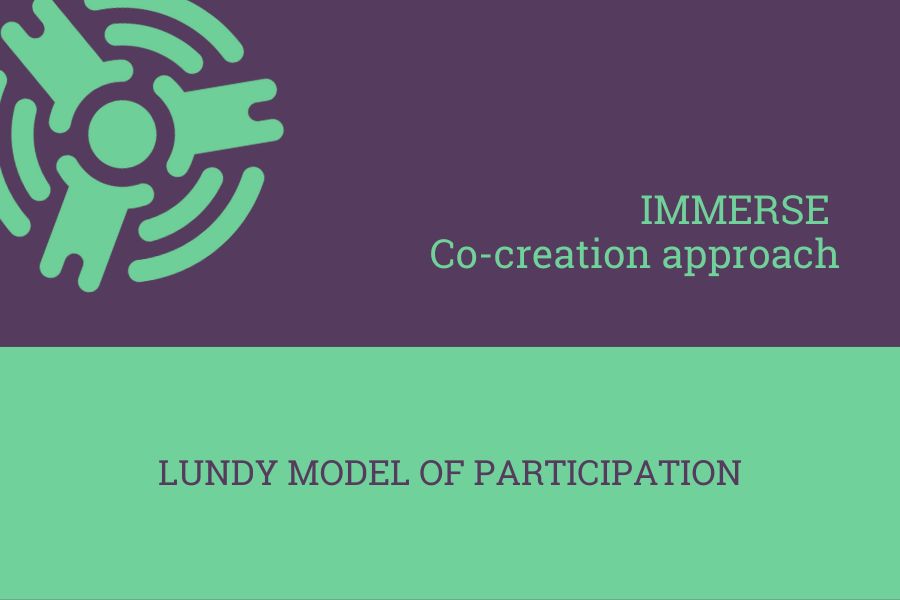Description
The municipality of Beersel in Flemish Brabant organises Dutch language courses during the holiday periods in Spring and Summer as part of an initiative to help with the integration of migrant children into the community. The courses are subsidised by the municipal authority especially for children (aged 4-12) in the Muncipality of Beersel and are also available to children from neighbouring Flemish municipalities Drogenbos, Halle, Linkebeek, Sint-Genesius-Rode and Sint-Pieters-Leeuw. They are run by the non-profit organisation Hakuna Matata, and beyond the subsidised rate, a social rate for disadvantaged young people is available. The courses take place at the following vacation times: Easter holidays (5 days), Summer vacation 1 (5 days), Summer vacation 2 (5 days). Children learn Dutch in a fun way with the idea to enrich their education at the same time. They use story-telling, games and themes such as Typical Belgian, the Olympics and Time Travel. The courses are subsidised by the local authority and paid for by parents.
- Children maintain their cultural identity while adopting new cultural values and intercultural competences
- Children's academic skills
- Children's competence in host language
- Children's life satisfaction / happiness
- Children's sense of belonging
- Friends and peers (bridges)
- Friends and peers (support)
- Types & levels of (formal) non-compulsory education attended
Evaluation ex post
Information not available
Projects’ deliverables
Information in attached flyer
Reproducibility
Similar projects are outlined as language classes in the Zennevallei regions of the province of Vlaams Brabant. See attached document "Stages en Ateliers Nederlands 2021 REGIO ZENNEVALLE".
Motivation for the submission
The language holiday camps target migrant children providing language learning opportunities in a fun and creative way during the holiday period. This supports the continuation of Dutch language acquisition for primary school age children through vacation period, particularly for students where the home language has a different mother tongue and parents may, themselves, be only learning Dutch.



